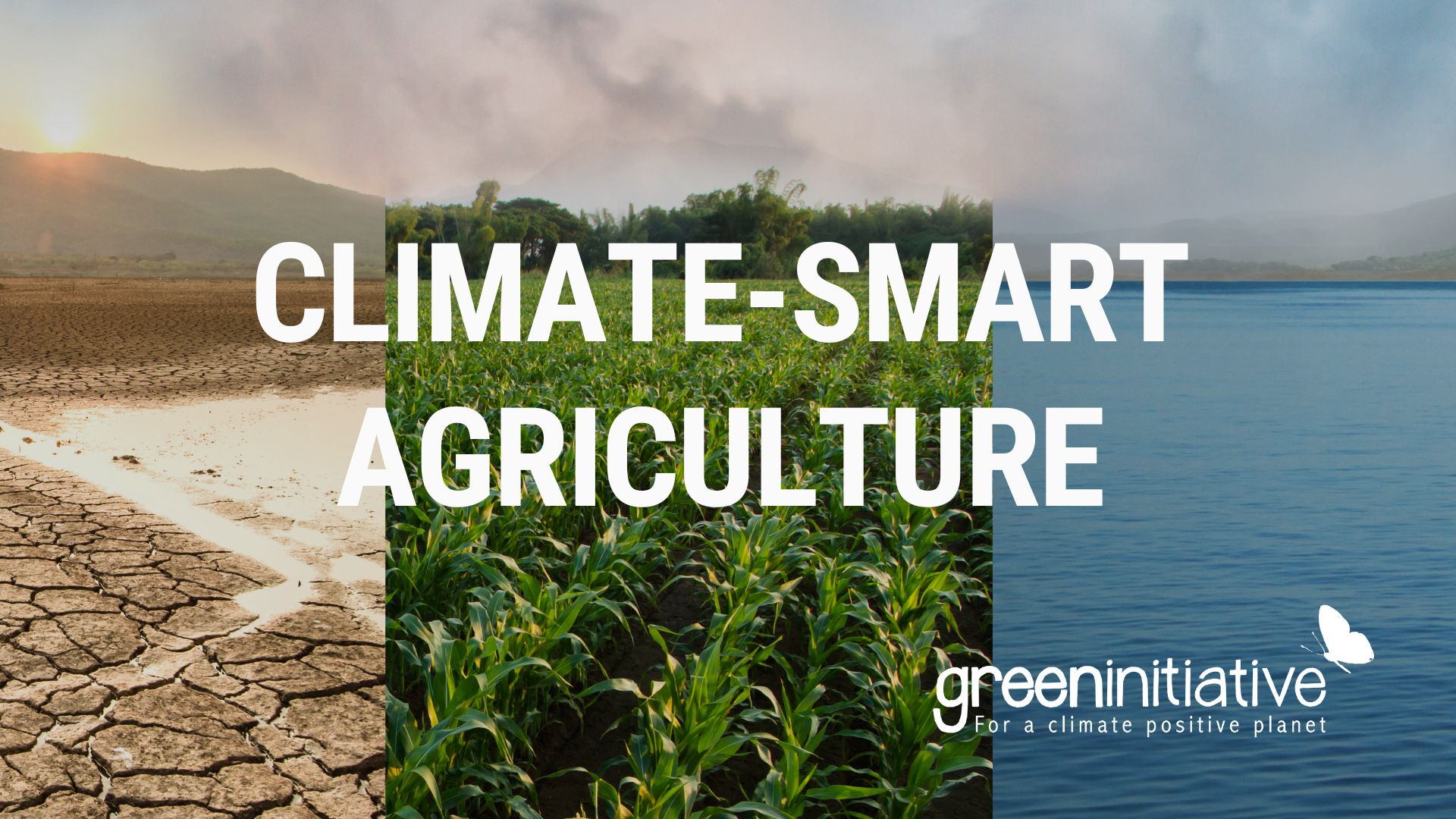The global landscape of agriculture is at a pivotal juncture, caught between the demands of a burgeoning population and the imperative to safeguard our environment. Conventional agricultural practices have long served as the backbone of food production, yet their impact on ecosystems and human health raises urgent concerns. In response, a clarion call for sustainable agriculture has emerged, propelled by the pressing need to ensure food security while preserving our planet’s delicate balance.
The World Economic Forum underscores the critical role of the agricultural sector, contributing substantially to global economies while employing a significant portion of the world’s workforce. However, conventional methods, such as the heavy reliance on synthetic fertilizers and pesticides, monoculture, and large-scale industrial farming, have taken a toll on our environment and human well-being.
Enter sustainable agriculture – a viable pathway offering resilience, equity, and environmental sustainability across the food system. Amidst escalating climate change effects, from soil degradation to dwindling water levels, sustainable agriculture stands as a beacon of hope, charting a course opposite to the detrimental effects of conventional farming practices.
Outlined by the Food and Agriculture Organization (FAO) and championed by the World Economic Forum, five pivotal strategies pave the way for this transformative shift:
- Regenerative Practices and Nature-Based Solutions:
Embracing regenerative agriculture, encompassing conservation tillage, cover crops, crop rotation, intercropping, and agroforestry, holds the promise of enhancing soil health, biodiversity, and carbon sequestration. This approach empowers farmers to fortify soil fertility, amplify yields, and curtail greenhouse gas emissions. - Integrated Pest Management (IPM) Techniques:
Adopting IPM methodologies – an amalgamation of biological controls, crop rotation, resistant varieties, and cultural practices – fosters pest, disease, and weed control while minimizing environmental and human health impacts. IPM becomes a catalyst in reducing pesticide usage, enhancing crop productivity, and preserving natural ecosystems. - Expanding Agroforestry Practices:
The integration of trees and shrubs within agricultural landscapes, known as agroforestry, emerges as a multifaceted solution. This technique not only augments soil fertility and mitigates erosion but also bolsters biodiversity and generates supplementary income for farmers through diversified product yields. - Promoting Circularity in Agriculture:
Embracing circular agriculture, marked by waste reduction, nutrient recycling, and natural resource regeneration through composting, cover crops, and integrated livestock systems, holds the key to mitigating reliance on external inputs. It concurrently elevates soil health and slashes waste, steering agriculture towards a more sustainable trajectory. - Embracing Digital Agricultural Solutions:
The advent of precision farming technologies, management software, and supply chain tools revolutionizes farming practices. Drones, sensors, and satellite imagery furnish real-time data on soil conditions, nutrient levels, and crop health, optimizing resource utilization and fostering cost efficiency. Blockchain-based supply chain tools bolster transparency, traceability, and accountability in the food sector.
The imperative to accelerate the transition to sustainable agricultural practices looms large. Embracing these strategies can herald a paradigm shift, ensuring food security, safeguarding the environment, and fostering a more resilient agricultural ecosystem. As stakeholders unite in this collective endeavor, the promise of a sustainable future for agriculture beckons on the horizon.
If you’re seeking guidance or wish to delve deeper into these transformative strategies for sustainable agriculture, our team is here to assist you. Whether you’re a farmer eager to implement these practices, a stakeholder in the agricultural sector, or an enthusiast keen on contributing to a sustainable future, reach out to us for personalized advice and comprehensive support. Together, let’s embark on this journey toward a more resilient, equitable, and environmentally conscious agricultural landscape. Contact us today to join the movement shaping the future of agriculture.
Related articles:





1 thought on “Paving the Way for Sustainable Agriculture: Five Key Strategies”
Pingback: All feedstocks, biorenewables included, have to be sourced from somewhere – Biorenewablog